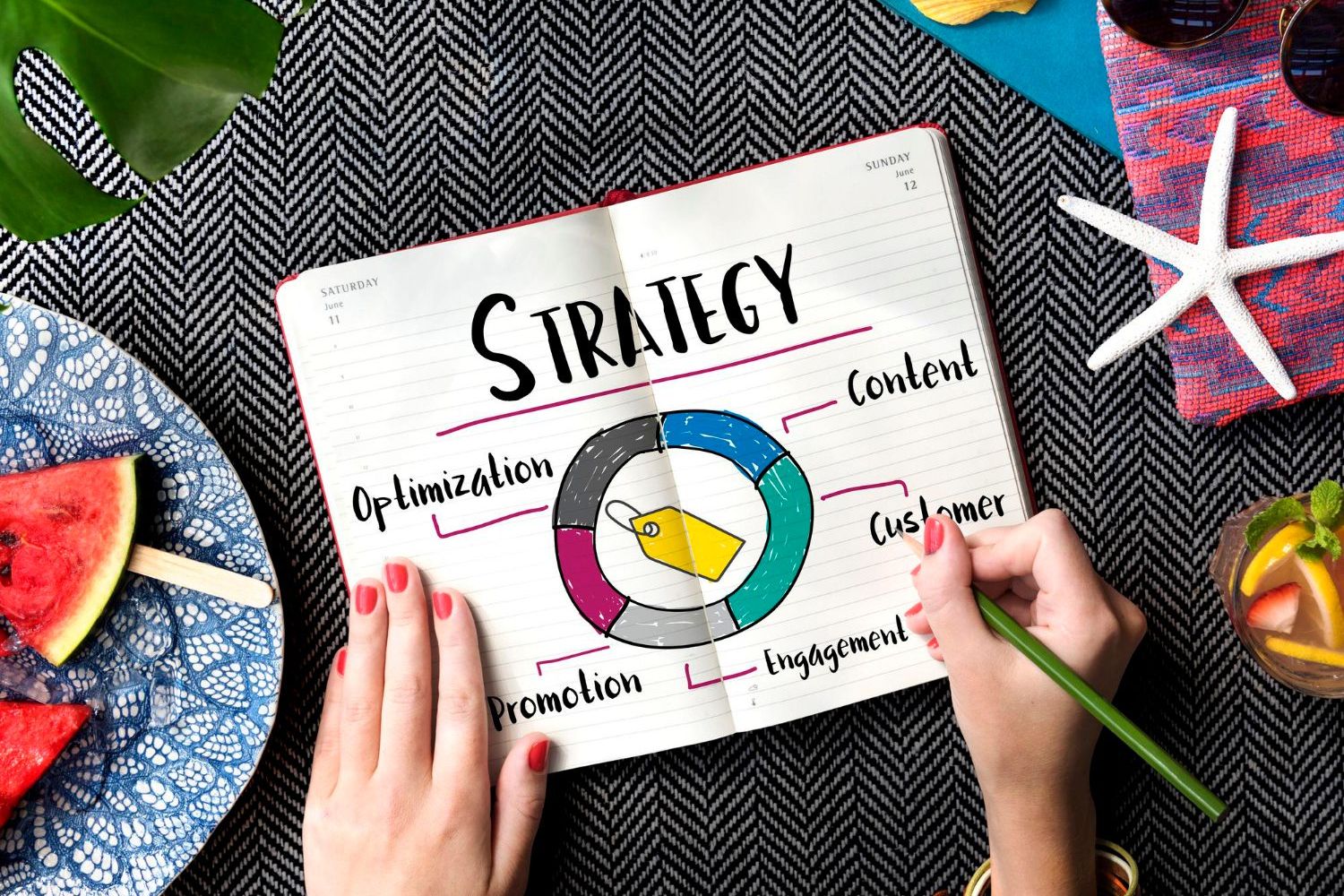SEO
SEO, or Search Engine Optimization, is the practice of optimizing a website’s content and structure to improve its visibility and ranking in search engine results pages (SERPs). It involves various techniques such as keyword research, on-page optimization, link building, and technical optimization.
The goal of SEO is to attract organic traffic from search engines, increase website visibility, and ultimately drive relevant and valuable visitors to a website. Effective SEO strategies can enhance online visibility, improve user experience, and increase the chances of reaching target audiences.


On page & Off page
On-page optimization refers to the optimization techniques implemented directly on a website's pages to improve its visibility and search engine rankings. This includes optimizing page titles, meta descriptions, headings, content, URLs, and internal linking structure.
Off-page optimization, on the other hand, refers to activities performed outside the website to enhance its visibility and authority. This typically involves building high-quality backlinks from reputable websites, social media marketing, influencer outreach, and online reputation management.
Off-page optimization plays a crucial role in improving a website's credibility and trustworthiness in the eyes of search engines.


Keyword Research
Keyword research is a fundamental aspect of search engine optimization (SEO) that involves identifying and analyzing the specific words and phrases users enter into search engines. It helps website owners and marketers understand the language and search intent of their target audience. By conducting keyword research, businesses can optimize their website content and align it with relevant keywords to improve search engine rankings, increase organic traffic, and target the right audience effectively. The process often involves using keyword research tools, analyzing search volume and competition, and selecting the most relevant and valuable keywords for optimization efforts.


Content Strategy
Content strategy refers to the planning, creation, and management of content to achieve specific business goals. It involves identifying target audiences, understanding their needs, and developing a strategic approach to deliver valuable and relevant content to them. A well-defined content strategy outlines the types of content to be produced, the channels for distribution, and the key messages or themes to be conveyed. It helps organizations build brand authority, engage their audience, and drive desired actions, such as increasing conversions or building customer loyalty. Regular analysis and optimization are essential components of an effective content strategy to ensure its ongoing success.


Content Development
Content development refers to the process of creating and producing various types of content, such as articles, blog posts, videos, infographics, and social media posts. It involves research, planning, writing, designing, and editing content that aligns with the target audience and serves a specific purpose. Content development aims to provide valuable, engaging, and relevant information to attract and retain the attention of the audience. It plays a critical role in content marketing and SEO strategies, helping businesses establish thought leadership, build brand awareness, and drive audience engagement.


Competitors Analysis
Competitor analysis is the process of evaluating and assessing the strengths and weaknesses of competitors within a specific industry or market. It involves gathering and analyzing data on competitors' products, strategies, marketing tactics, pricing, and market positioning. The goal of competitor analysis is to gain insights into how competitors are performing and identify opportunities and threats that can inform strategic decision-making. By understanding the competitive landscape, businesses can adapt their own strategies, differentiate themselves, and capitalize on market gaps to gain a competitive advantage.
Address:
TechTonic institute, Street No. 2 , Near Almadina Stationary Saddar Bazar Kharian cantt
Email:
Info@techtonic.com
Open Hours:
Mon-Sat: 9am - 6pm
